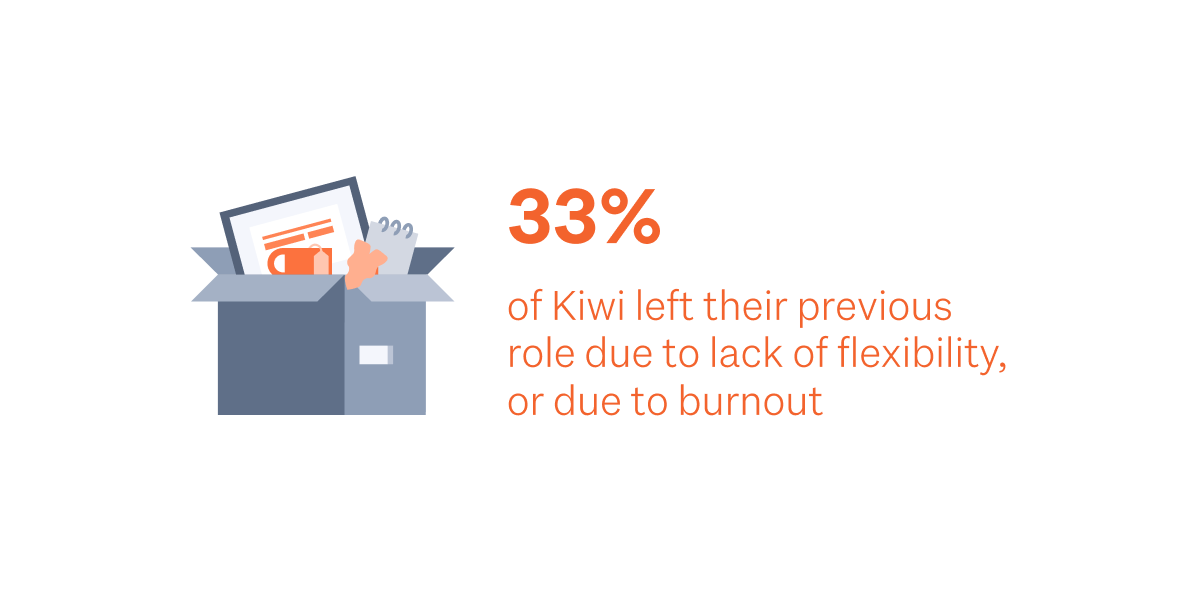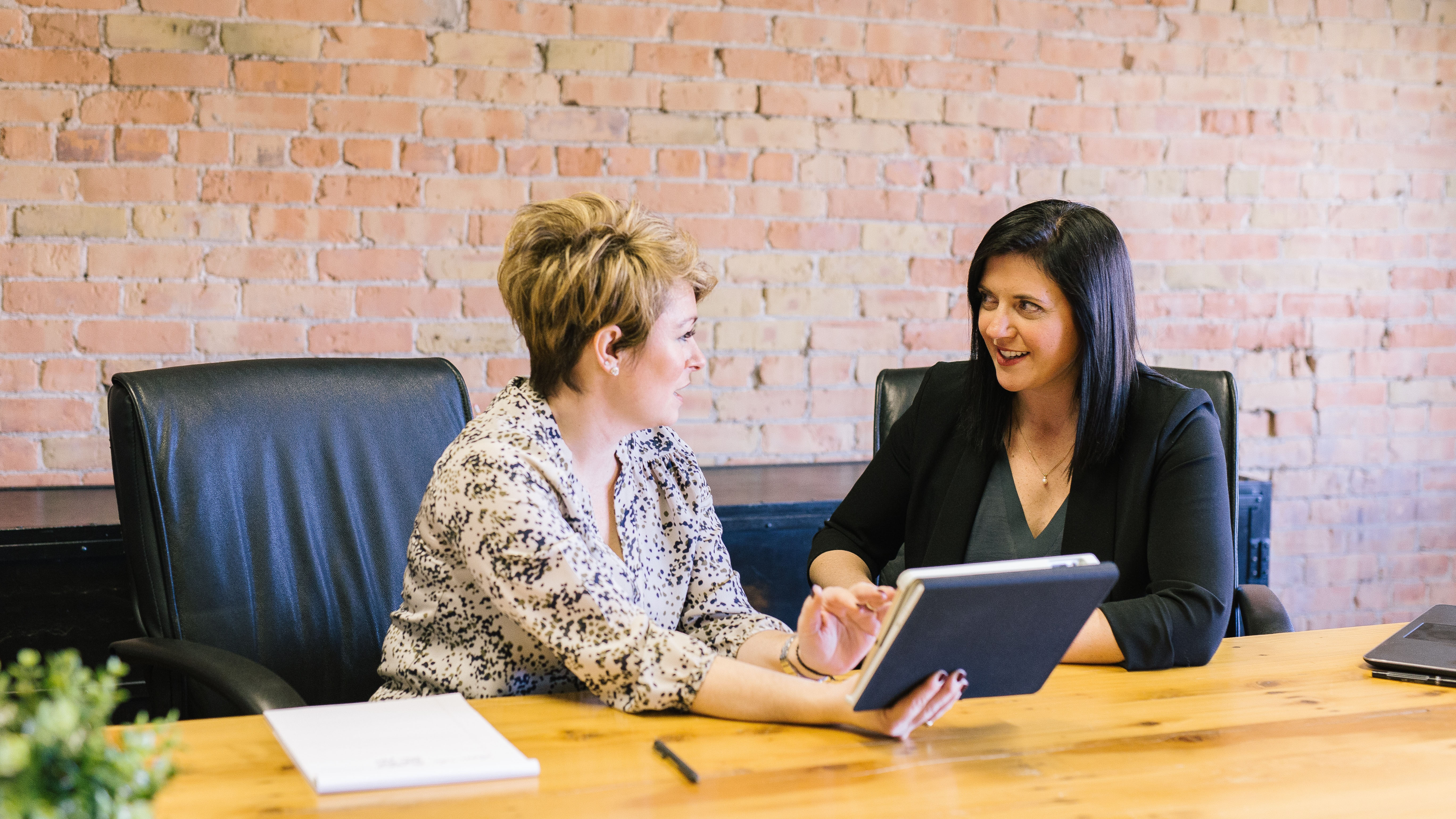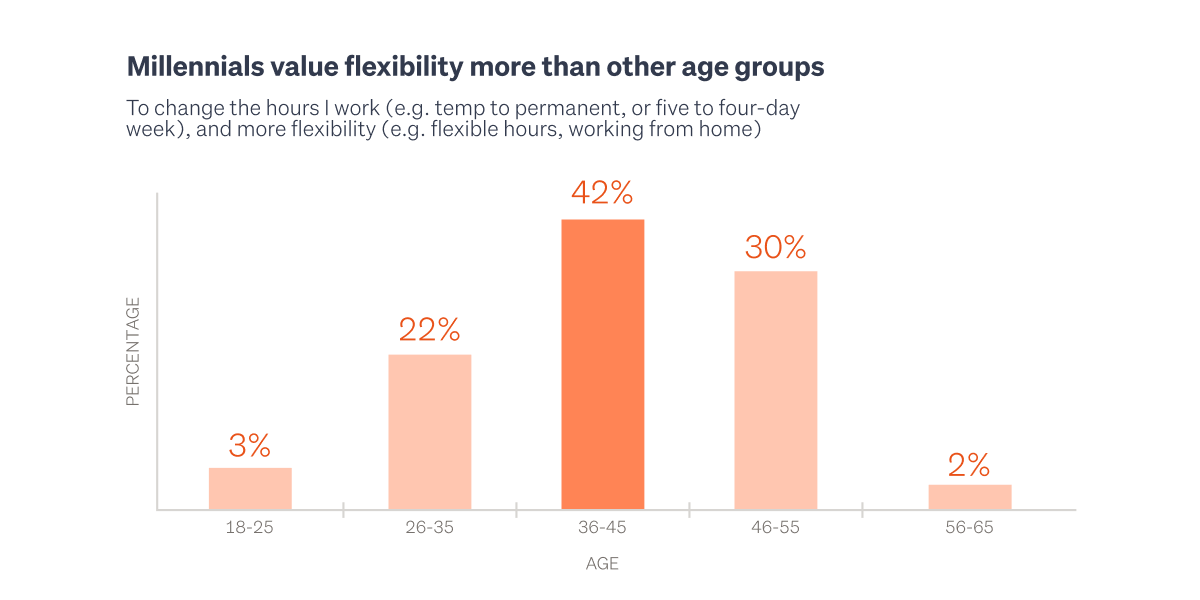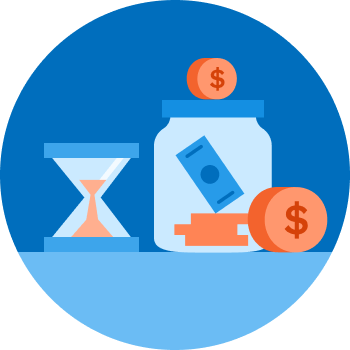Careers advice
Signs of burnout and how to avoid it
25% of job hunters feel burnt out in their current position, our experts are here to help.
3 May 2023
3 May 2023
What is burnout?
How long does it take to recover from burnout?
How can I avoid burnout at work?
Having a conversation with your manager is the best place to start.
What should you look out for if you think you might be nearing burnout?
Keeping perspective helps hold off burnout
Example framework for tough conversations:
Working as a team builds resilience and a healthy workplace culture.
Questions to ask a new employer as a job hunter who wants to avoid burnout
If you know you’re walking into a big job, prepare
Planning and being realistic about what you can achieve will reduce your chances of becoming overwhelmed.
Your job should bring you joy
If you know you’re making a contribution
Good habits of a corporate athlete
It’s okay to say no
Author
Other articles you might like









